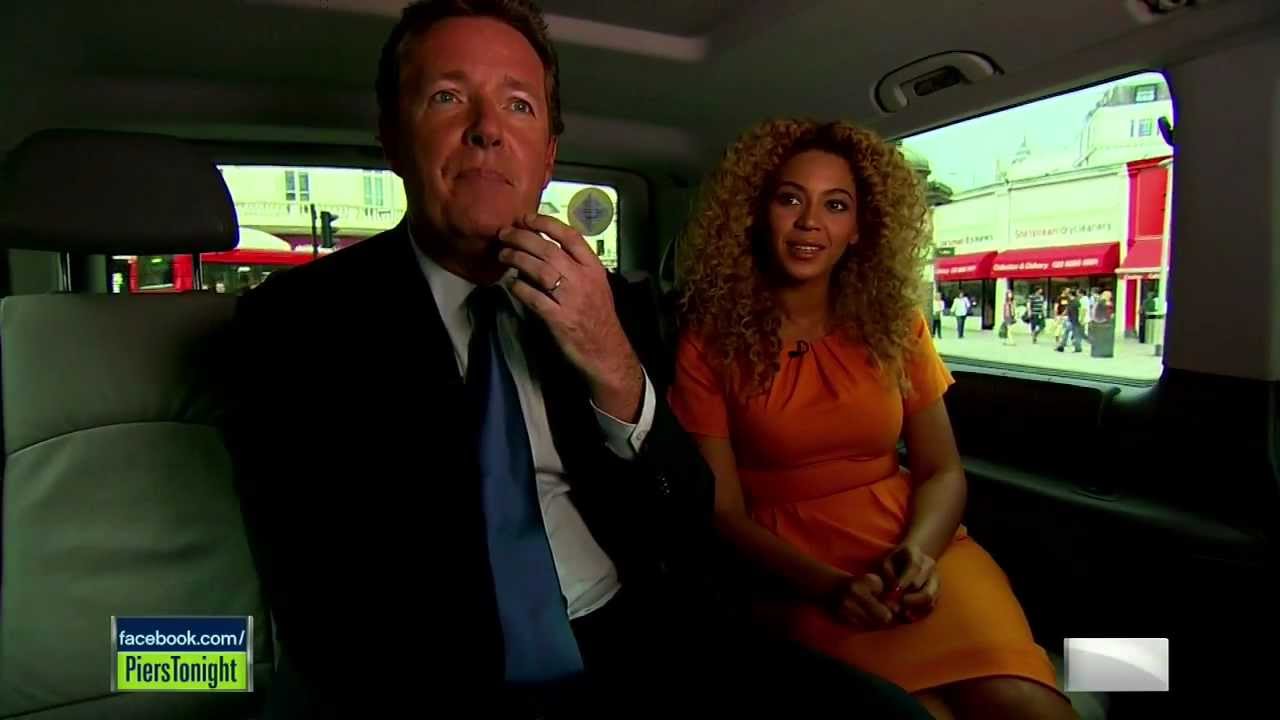Influential British personality, Piers Morgan has spoken against Beyonce’s transformation from a mainstream artist to a politically conscious artist, condemning some of her use of imagery he considers disturbing.
Piers is admittedly a big fan of Beyonce, describing her as one of the biggest fans he has ever encountered, however he says he prefers the less inflammatory, agitating version of the pop singer.
Here are some excerpts from his piece:
I never like it when entertainers go all political.
The cynic in me believes it’s rarely done for genuine reasons but for strictly commercial ones.
Whether it’s Oscar-winners preaching from the Academy Awards pulpit or Madonna seizing the best-looking babies from African orphanages, it always looks and sounds like they’re using a ‘good cause’ as a fashion accessory.
Which brings me to Beyoncé and her new ‘visual-album’, Lemonade.
Now, I bow to no man nor woman when it comes to my admiration for this lady.
I once spent a delightful day with her in London for CNN and she was bright, warm, funny, sharp and incredibly impressive.
We chatted, had tea and scones, and finally went to the famous department store Harrods to buy a copy of her new album.
There, word quickly spread and several thousand people raced down to to form a frenzied throng desperate to get close to their idol.
Things grew steadily more intense, physical and scary until eventually I witnessed her chief bodyguard – a giant of a man – actually punch a paparazzi straight on the head, knocking him to the floor.
That was real superstar fame, on a scale few well-known people will ever experience.
Beyoncé’s over-excited audience that day pretty much typified what I suspect her normal audience looks like: black, white, asian, hispanic, young, old, male, female, Jewish, Muslim, Christian.
In other words, a multi-cultural, age, gender and religion irrelevant demographic.
She’s a global brand, one of the best in the business, and has generally steered studiously clear of saying or doing anything too contentious which might polarise that audience – preferring to entertain for the sake of entertaining.
But just lately, Beyonce’s been adding a far more serious, deeply political and race-fuelled tone to her work.
In February of this year, she dropped the song “Formation” which contained references to the activist movement Black Lives Matter.
A video accompanying it included Beyoncé strewn across a sinking police car in a withering throwback to police mistreatment of the black community in New Orleans after Hurricane Katrina.
Other scenes showed a wall bearing the graffiti “Stop Shooting Us” and a young black boy dancing in a hoodie in front of a line of policemen.
It was seen, understandably, as an attack on U.S. police.
The next day, Beyoncé sang Formation during the half-time Superbowl show and stepped up the police-hating theme with a tribute to the militant activist group, Black Panthers.
Her back-up dancers had Panthers-style afro hairstyles and black berets, formed an X on the pitch and punched the air in the style of the famous black power salute.
Beyoncé herself wore black leather and a bandolier of bullets.
To say this was a provocative statement is putting it mildly.
The Black Panthers, set up as a group who would protect black Americans from police brutality, became infamous for their own brutality, especially against police, and widespread criminal and murderous membership within their ranks.
Beyonce’s tribute to them was branded ‘disgraceful and outrageous’ by former New York Mayor Rudy Giuliani, incensed that she had ‘used the platform of the Superbowl to attack the police.’
Now, just two months later, she has released her full album Lemonade.

